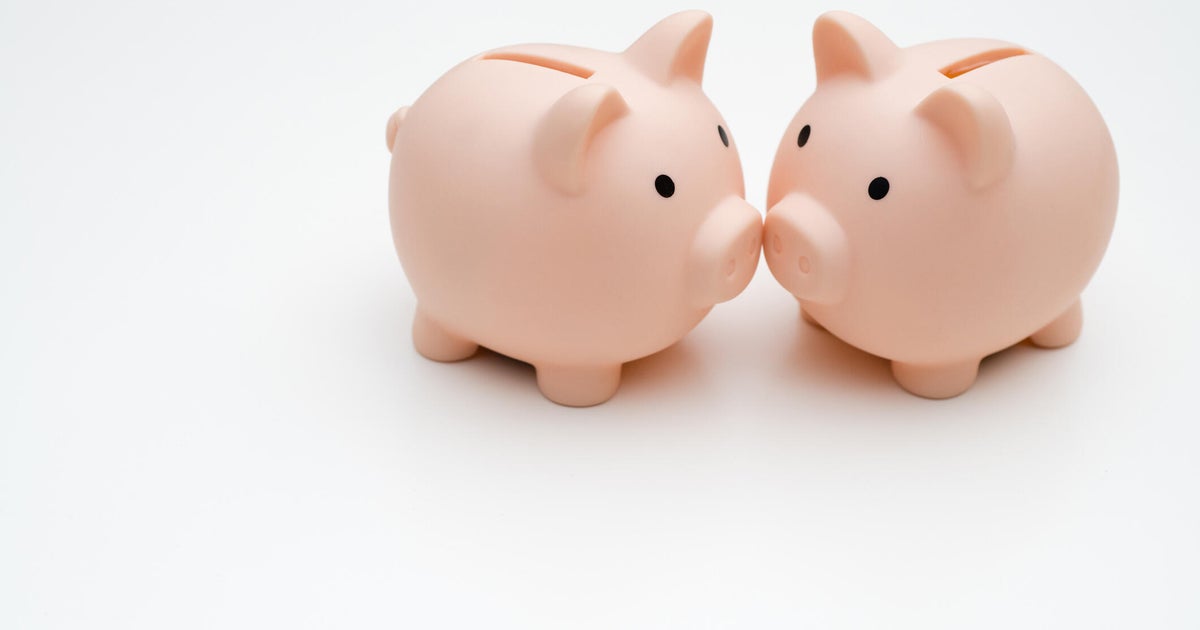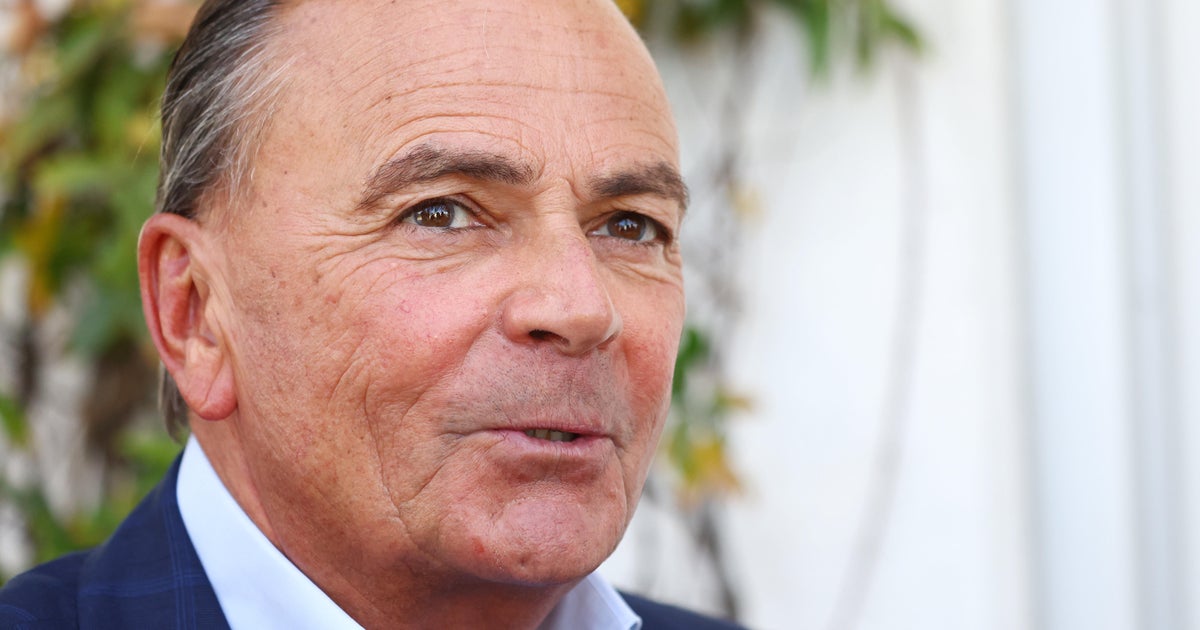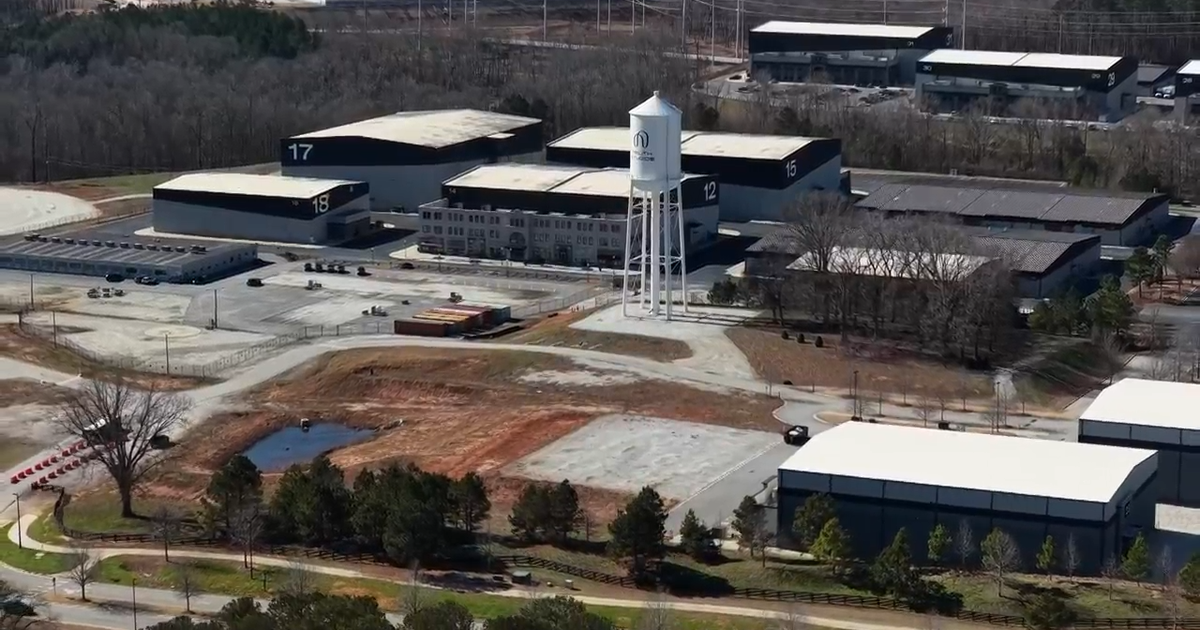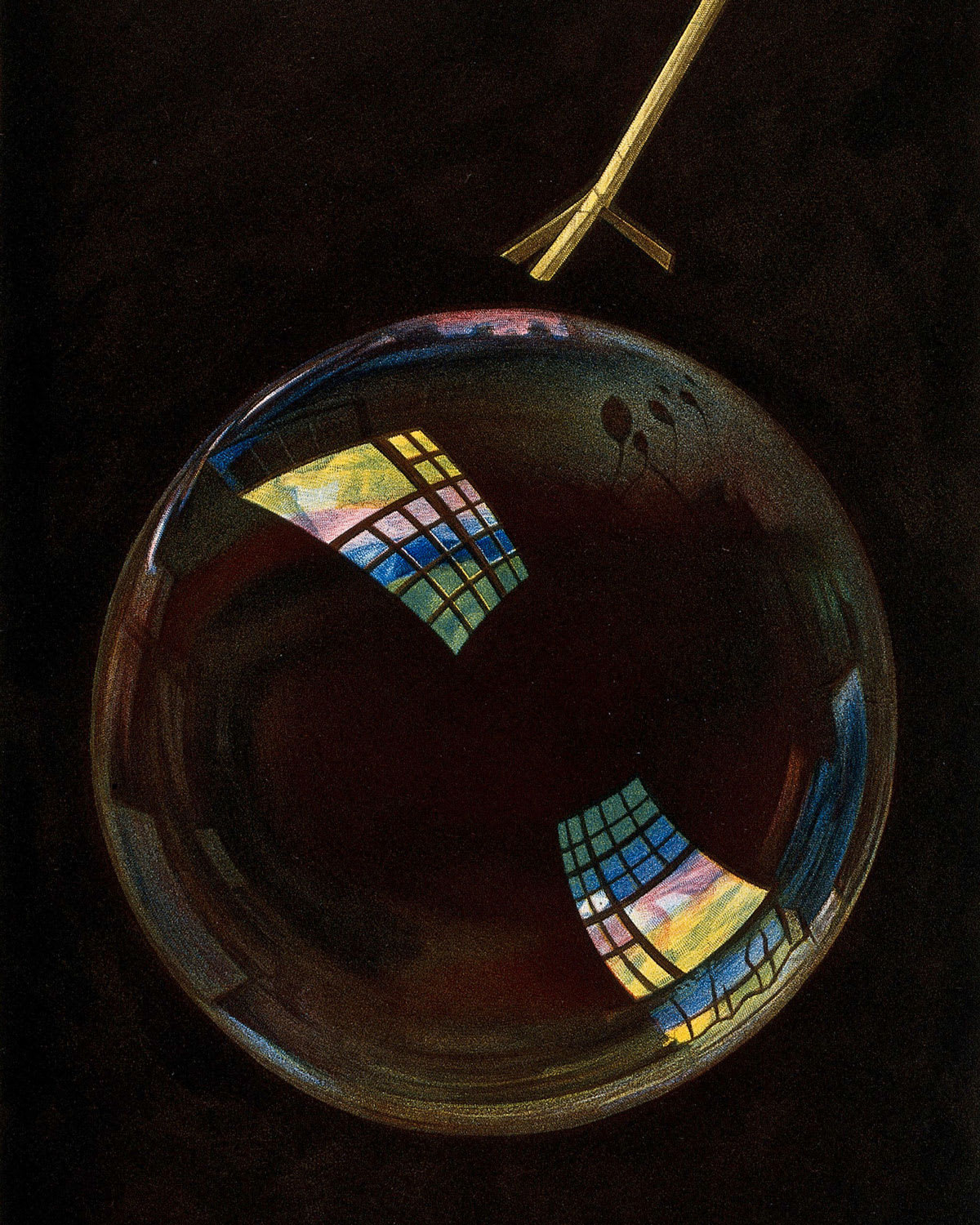Coronavirus stokes $200 billion stock market bubble in vaccines
In the past two months alone, Wall Street investors have pumped billions into a handful of biotech companies in the early stages of producing vaccines or drugs to combat the novel coronavirus. Some of these companies are pursuing promising treatments, experts say, but others are likely to strike out on finding a cure. The result: a coronavirus investment bubble that's already approaching nearly $200 billion in stock market value.
On Monday, shares of vaccine developer Novavax spiked 15% on news the company had started testing its coronavirus vaccine on humans in Australia. The results of the trial, which is merely the first phase of getting a vaccine approved for widespread usage, won't be available until July. Still, investors are impressed. Novavax's stock price, which started the year at $4, has since zoomed 1,200% to more than $50 this week; shares were trading around $44 each on Wednesday.
Since coronavirus lockdowns began across the U.S. in mid-March, the total stock market value for the eight biotech companies in the S&P 500-stock index has swelled $130 billion to just over $600 billion. The total value of a half-dozen smaller biotechs outside the S&P 500 that are also working on coronavirus treatments or vaccines has grown to more than $40 billion.
Most all of these stocks were unknown to average investors even a few weeks ago. Now they are the talk of CNBC, Yahoo Finance, Reddit message boards and other places market mavens gather these days.
"There is no doubt when you are in the midst of the type of situation you are in now it is very easy to have overvaluation because of overexuberance," finance professor Andrew Lo of MIT's Sloan School of Management said.
Lo likened the craze for biotechs in the coronavirus era to the mania for tech stocks in the late 1990s, and more recently with bitcoin and other digital currencies. "We are all very impressed with Facebook, but [early competitors] MySpace and others, we don't remember" them.
Not everyone is ready to call the biotech stocks surge a bubble. For starters, as speculative spasms go, it would be on the small side. The dotcom bubble peaked at about $2 trillion a generation ago, or 10 times larger than what's happening now. What's more, bubbles tend to hang around for a while before they pop. Coronavirus stocks have only been surging for a few months.
Indeed, the Switzerland-based Financial Crisis Observatory, whose mission includes scanning the investment horizon for signs of excess, is unconcerned for now.
"It is possible that there are bubbles in some biotech stocks," said the observatory's chief, Didier Sornette, a professor at ETH Zurich. "However, the biotech index has not yet developed a significant bubble based on our metrics."
The biggest biotech: Moderna
The biotech stock that has attracted the most money from investors chasing a coronavirus vaccine is Moderna. The company's stock market value has grown more than 300% in just five months to almost $30 billion last week, making Moderna one of the most valuable biotech businesses. (Its market value hovered at about $25 billion on Wednesday.)
Moderna is also now the largest holding in the popular Spider S&P Biotech exchange-traded fund. More than $500 million has flowed this year into the ETF, which now manages $5 billion for investors ranging from retirees to large pension funds.
Much of the investor enthusiasm is due to positive buzz around the early trial results for a coronavirus vaccine that Moderna is racing to develop. No less an authority than Dr. Anthony Fauci, the nation's top infectious-disease expert, has called the results "promising."
Few corporate executives have seen their net worth soar more than Moderna CEO Stephane Bancel during the pandemic. His stock holdings in the company have nearly tripled in value since January to just over $1.5 billion.
Moderna, however, is far from a sure bet for new investors. The company, which was founded in 2010 in Cambridge, Massachusetts, has a history of big promises with few results so far. In 2016, Moderna said it was accelerating the development of a vaccine for the Zika virus and that it had secured funding for "large scale manufacturing." Four years later, the company has yet to bring a single vaccine or treatment to market.
In 2017, Bancel said that within five years his company would have "two times as many drugs in the clinic than anybody else in the world." Today, Moderna does have 22 vaccines in development, but just three of those are in Phase II trials. The Zika vaccine is still undergoing Phase I testing, while others have been abandoned.
In early March, Bancel told President Donald Trump during a White House meeting with biotech executives that Moderna would have a vaccine ready for widespread testing in "a few months." Other industry executives in the room said a vaccine would take a few years.
The stock heard 'round the world
A lot of the excitement around Moderna has to do with its use of a new scientific technique that, if successful, could in theory produce vaccines much faster than the traditional method, which is to develop and grow a benign version of a virus in a lab and inject it into healthy people. Instead, Moderna creates synthetic proteins to alter a person's DNA to effectively produce the benign virus inside the body, skipping the step of having to grow it in the lab.
While the technique is new, the idea of using "messenger" proteins to alert cells that a virus is coming isn't. Moderna Chief Scientific Officer Melissa Moore, who was hired in 2016, told Wired that after joining the biotech she realized it was using a technique that she had mapped out three decades earlier while still a student.
As for today's coronavirus, Moderna's announcement last week that its vaccine had caused patients in Phase I trials to create coronavirus antibodies — an announcement that pushed up its stock price 30% in one day, to $87 a share on May 18 — was soon questioned by outside observers. The results had not been peer-reviewed nor published in a medical journal, which are standard practice in drug development. And health care news site STAT reported that four of the patients in Moderna's trial had experienced significant, though not life-threatening, side effects.
Also raising concerns: Bancel, who joined the vaccine developer in 2011, and several other top Moderna executives sold $30 million worth of stock in the days following last week's release of the preliminary trial results. Most of those sales were done through prearranged stock plans for executives, the company noted, and there is no allegation of illegal insider trading.
On Tuesday, Moderna disclosed more insider sales. Chairman Afeyan Noubar and an investment fund he controls sold 1,000,000 shares last week at prices ranging from $66 to $72 a share, according to a regulatory filing. The filing makes no mention of the kind of pre-arranged stock-sales plan that Moderna's top executives use.
In addition, the company early last week filed to sell $1.2 billion in new shares to the public less than 12 hours after it released the vaccine trial news on May 18. Moderna shares jumped to an all-time high of $87 that Monday, but have since sunk to $49 — well below the $76 price it sold the stock to investors last week.
A Moderna spokesperson did not return a request for comment for this story. The spokesperson said previously that all of the stock sales by executives had been prearranged.
Derek Lowe, who writes a widely followed drug blog called In the Pipeline, noted that Moderna's vaccine has a long way to go. But there is hope for a positive outcome, he said, even if the odds are long.
Lowe said 80% of drugs pass Phase I trials, as Moderna's has, but just 10% pass Phase II. "People are [concerned] about the side effects," he said. But the fact that Moderna's vaccine was able to produce antibodies is a hopeful sign. Lowe concluded, "These results are better than I expected because we didn't know their technique worked at all."





